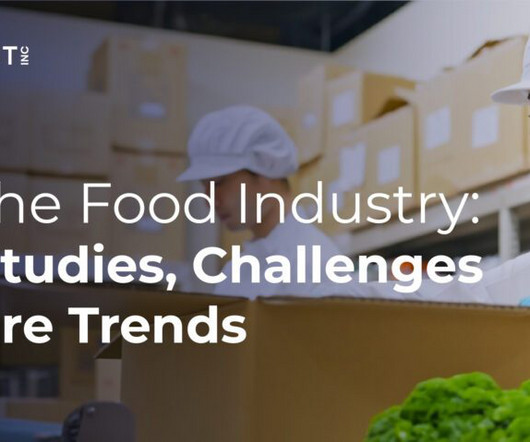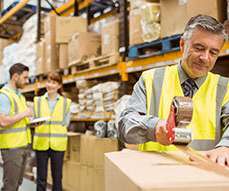AI in the Food Industry: Case Studies, Challenges & Future Trends
ThroughPut
MARCH 28, 2024
Integrating Artificial Intelligence (AI) within different segments of the Food Industry, including transportation and logistics, production planning, quality control, and others has kicked off revolutionary transformations. billion by 2029. Supply Chain Administration Supply chains are the backbone of the food industry.















Let's personalize your content